MoD vs BBC: Panorama stands by SAS death squads exposé
New evidence suggests one squadron may have unlawfully killed 54 Afghans in six months
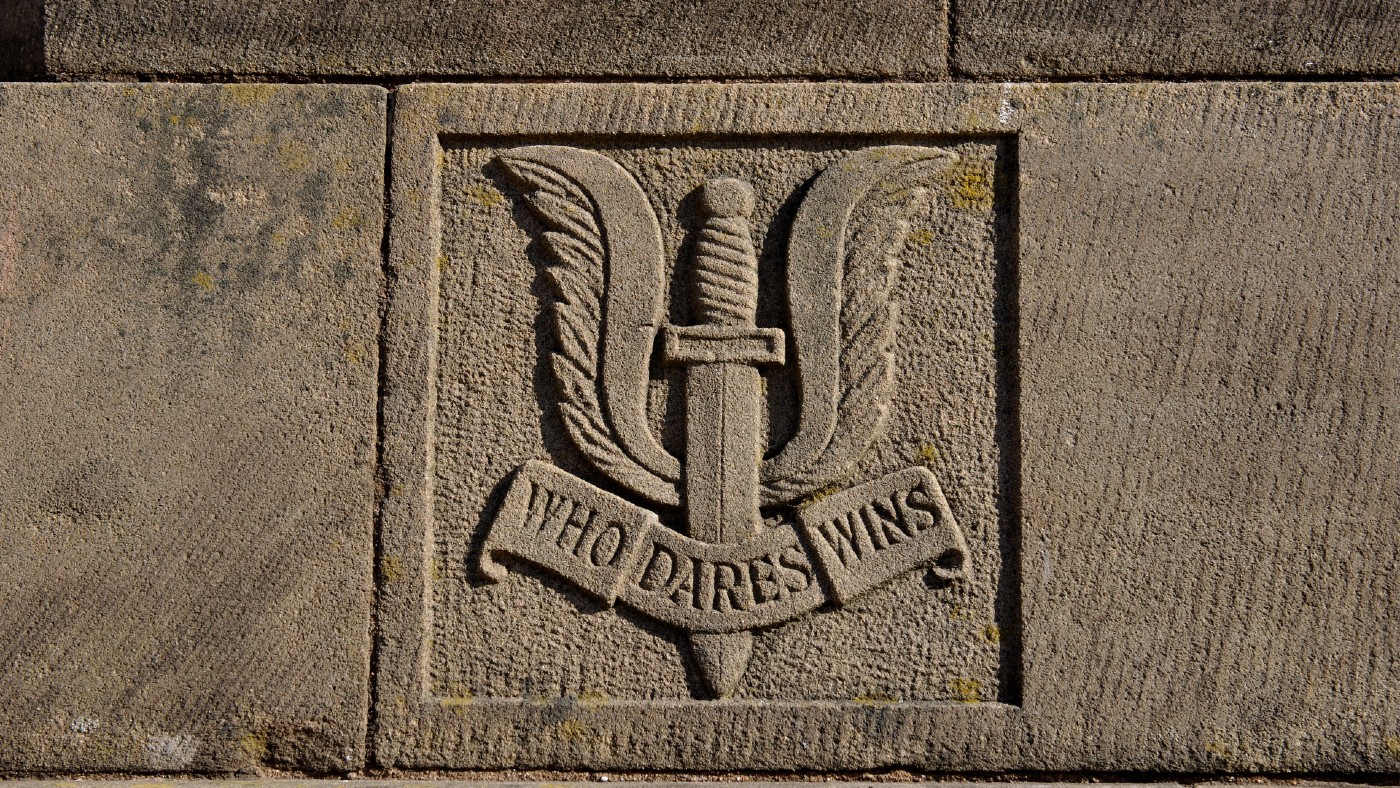
A free daily email with the biggest news stories of the day – and the best features from TheWeek.com
You are now subscribed
Your newsletter sign-up was successful
The BBC has defended an episode of Panorama, airing on BBC One at 9pm this evening, which alleges that dozens of detainees and unarmed men were killed in suspicious circumstances by British special forces in Afghanistan between 2010 and 2011.
For the hour-long programme, the Panorama team analysed hundreds of pages of newly obtained SAS operational accounts. These included reports of more than a dozen “kill or capture” raids carried out by one squadron in Helmand, southern Afghanistan, and suggested that one unit may have unlawfully killed as many as 54 people during a six-month tour.
The investigative journalists also uncovered allegations that SAS squadrons competed with each other “to get the most kills” and that the squadron focused on by the BBC in the Panorama episode, called SAS Death Squads Exposed: a British War Crime?, “was trying to achieve a higher body count than the one it had replaced”.
The Week
Escape your echo chamber. Get the facts behind the news, plus analysis from multiple perspectives.

Sign up for The Week's Free Newsletters
From our morning news briefing to a weekly Good News Newsletter, get the best of The Week delivered directly to your inbox.
From our morning news briefing to a weekly Good News Newsletter, get the best of The Week delivered directly to your inbox.
‘Illegal killings’ were ‘part of our job’
One SAS soldier, who spoke to the Daily Mail on condition of anonymity, described “illegal killings” as being “part of our job”, adding that “the tactics were gruesome”. SAS sources told the paper that residual guilt over the killing “of so many Afghans” caused “post-traumatic stress disorder and a rise in alcoholism among the soldiers who took part”.
Evidence obtained by the BBC also suggested that General Sir Mark Carleton-Smith, the former head of UK Special Forces, “was briefed about the alleged unlawful killings but did not pass on the evidence” to a Royal Military Police murder inquiry.
Internal emails revealed that officers “at the highest levels of special forces” were aware of the possibility of unlawful killings, “but failed to report the suspicions to military police despite a legal obligation to do so”, said the BBC.
Calls for a public inquiry
The allegations have led to calls for the government to “carry out an inquiry into the shocking allegations”, said the i news site.
A free daily email with the biggest news stories of the day – and the best features from TheWeek.com
Comparisons have been made with Australia’s Brereton report, published in 2020, which investigated similar allegations and found “credible evidence” that the Australian Defence Force was “responsible for the unlawful killing of 39 people” during the war in Afghanistan from 2005-16.
Paul Brereton, the senior judge who led the investigation, “found evidence that Australian SAS patrol commanders had ordered their junior subordinates to make their ‘first kills’ by shooting Afghan prisoners”, said The Telegraph.
The shocking revelations put pressure on the UK government to reopen an inquiry into alleged misconduct by British forces in Afghanistan, but a MoD source told the paper that Australia’s defence force had confirmed to its UK counterparts that “no British service personnel” had been flagged as “persons of interest or affected persons” as a result of the Brereton inquiry.
MoD issues ‘strong rebuttal’
The Ministry of Defence (MoD) was quick to issue what The Telegraph described as a “strong rebuttal of the programme”, criticising the BBC for putting “our brave Armed Forces personnel at risk both in the field and reputationally”.
The MoD’s statement added that the corporation had jumped to “unjustified conclusions from allegations that have already been fully investigated”, explaining that two “extensive and independent” investigations into the conduct of UK forces in Afghanistan did not find “sufficient evidence to prosecute”.
A BBC source told The Telegraph that its programme should be watched “in full” before judgement is made. At the same time, the corporation issued a formal statement defending the Panorama journalists’ reporting.
“This is the culmination of a four-year investigation, which includes new evidence and eyewitness accounts, and is firmly in the public interest,” it said. “The MoD’s position is reflected fully within the film. We stand by our journalism.”
Kate Samuelson is The Week's former newsletter editor. She was also a regular guest on award-winning podcast The Week Unwrapped. Kate's career as a journalist began on the MailOnline graduate training scheme, which involved stints as a reporter at the South West News Service's office in Cambridge and the Liverpool Echo. She moved from MailOnline to Time magazine's satellite office in London, where she covered current affairs and culture for both the print mag and website. Before joining The Week, Kate worked at ActionAid UK, where she led the planning and delivery of all content gathering trips, from Bangladesh to Brazil. She is passionate about women's rights and using her skills as a journalist to highlight underrepresented communities. Alongside her staff roles, Kate has written for various magazines and newspapers including Stylist, Metro.co.uk, The Guardian and the i news site. She is also the founder and editor of Cheapskate London, an award-winning weekly newsletter that curates the best free events with the aim of making the capital more accessible.
-
 ‘Restaurateurs have become millionaires’
‘Restaurateurs have become millionaires’Instant Opinion Opinion, comment and editorials of the day
-
 Earth is rapidly approaching a ‘hothouse’ trajectory of warming
Earth is rapidly approaching a ‘hothouse’ trajectory of warmingThe explainer It may become impossible to fix
-
 Health insurance: Premiums soar as ACA subsidies end
Health insurance: Premiums soar as ACA subsidies endFeature 1.4 million people have dropped coverage
-
 Operation Rubific: the government's secret Afghan relocation scheme
Operation Rubific: the government's secret Afghan relocation schemeThe Explainer Massive data leak a 'national embarrassment' that has ended up costing taxpayer billions
-
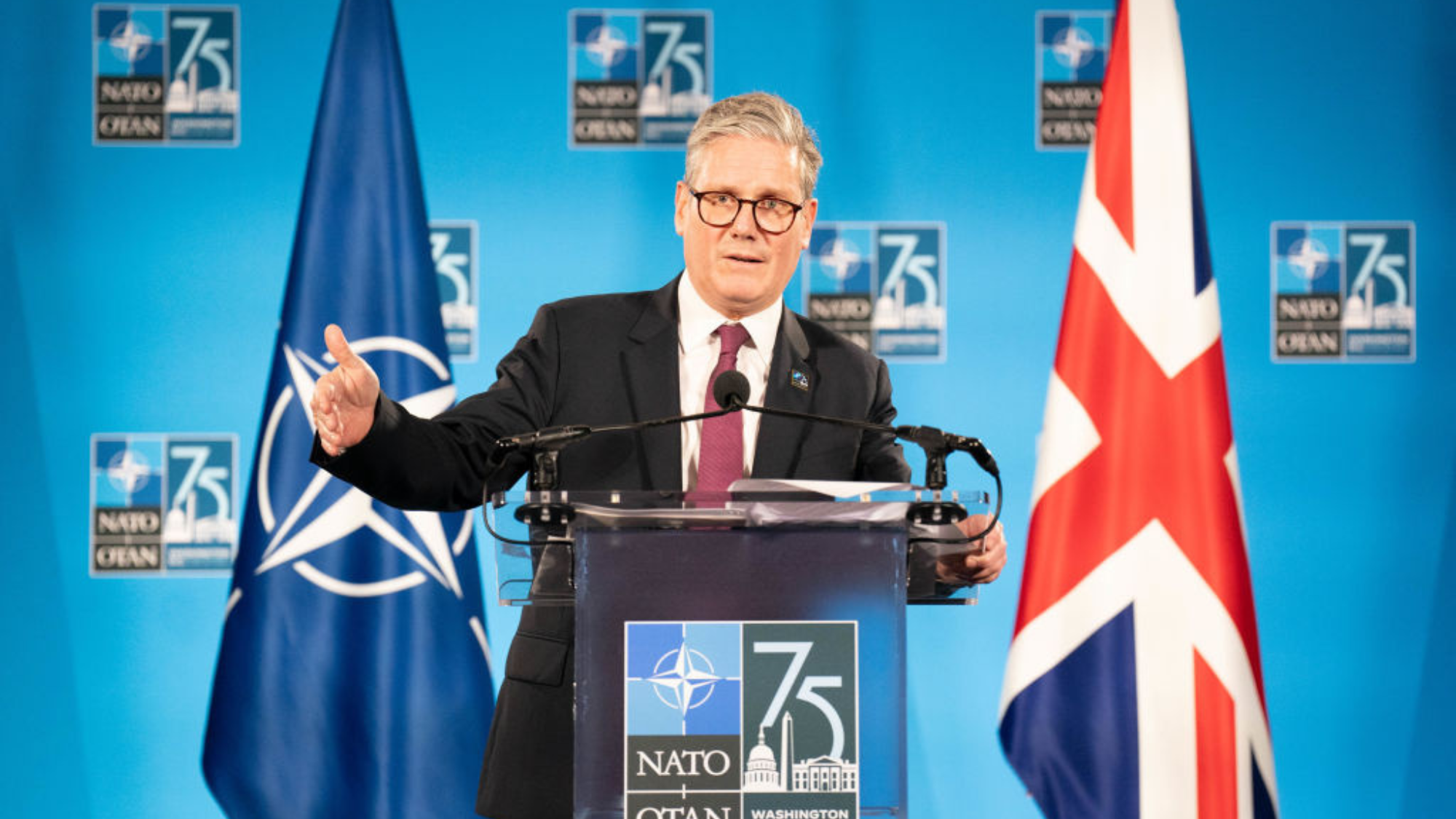 British defence: the crisis in the Armed Forces
British defence: the crisis in the Armed ForcesTalking Point Depleted military power may not be able to meet its own commitment to up defence spending to 2.5%
-
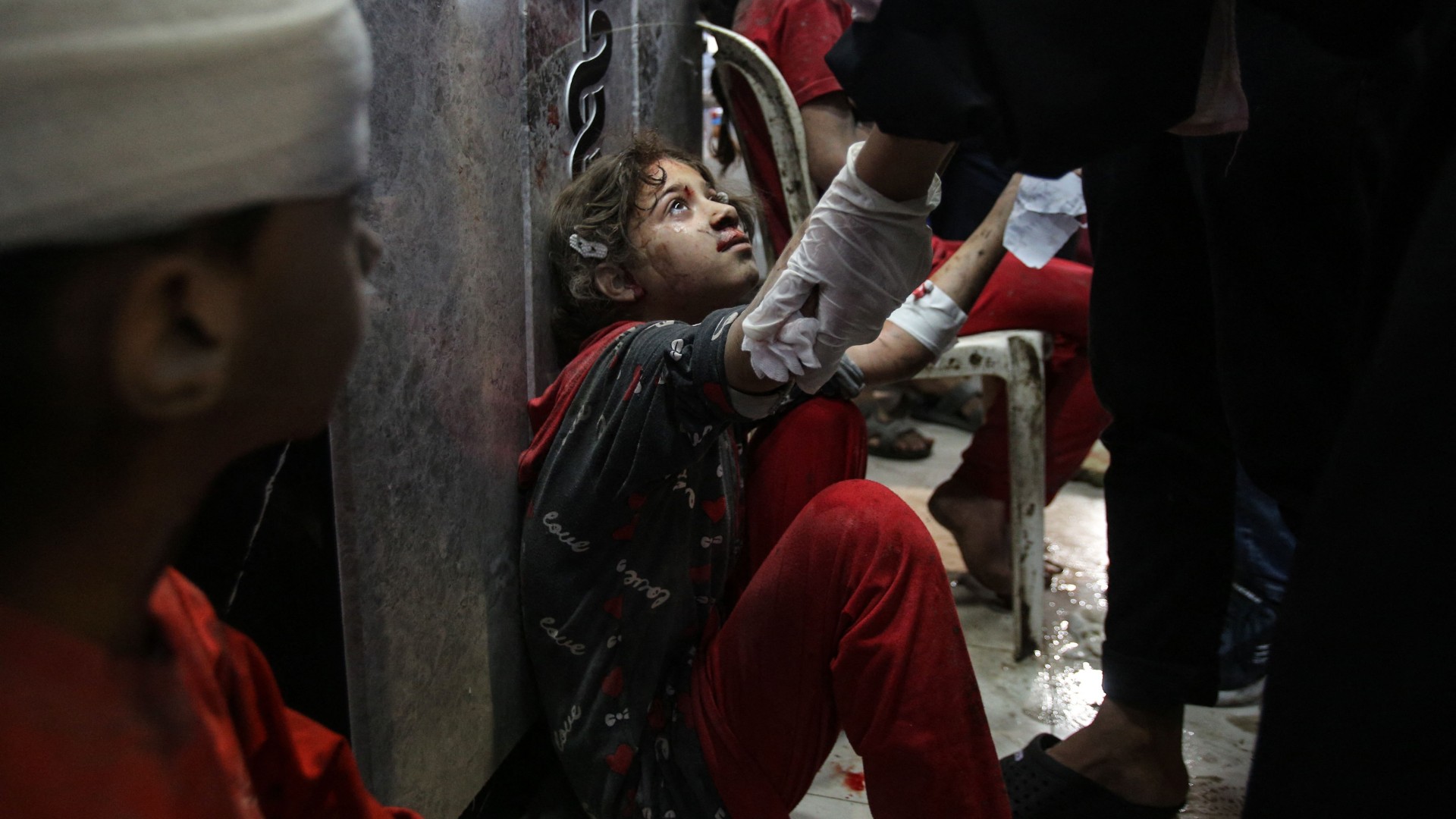 Gaza's Al-Shifa hospital battle: a 'diplomatic failure' for Israel
Gaza's Al-Shifa hospital battle: a 'diplomatic failure' for IsraelTalking Point Window to defeat Hamas is 'closing', warns former Israeli PM, as hospital scenes swing public opinion
-
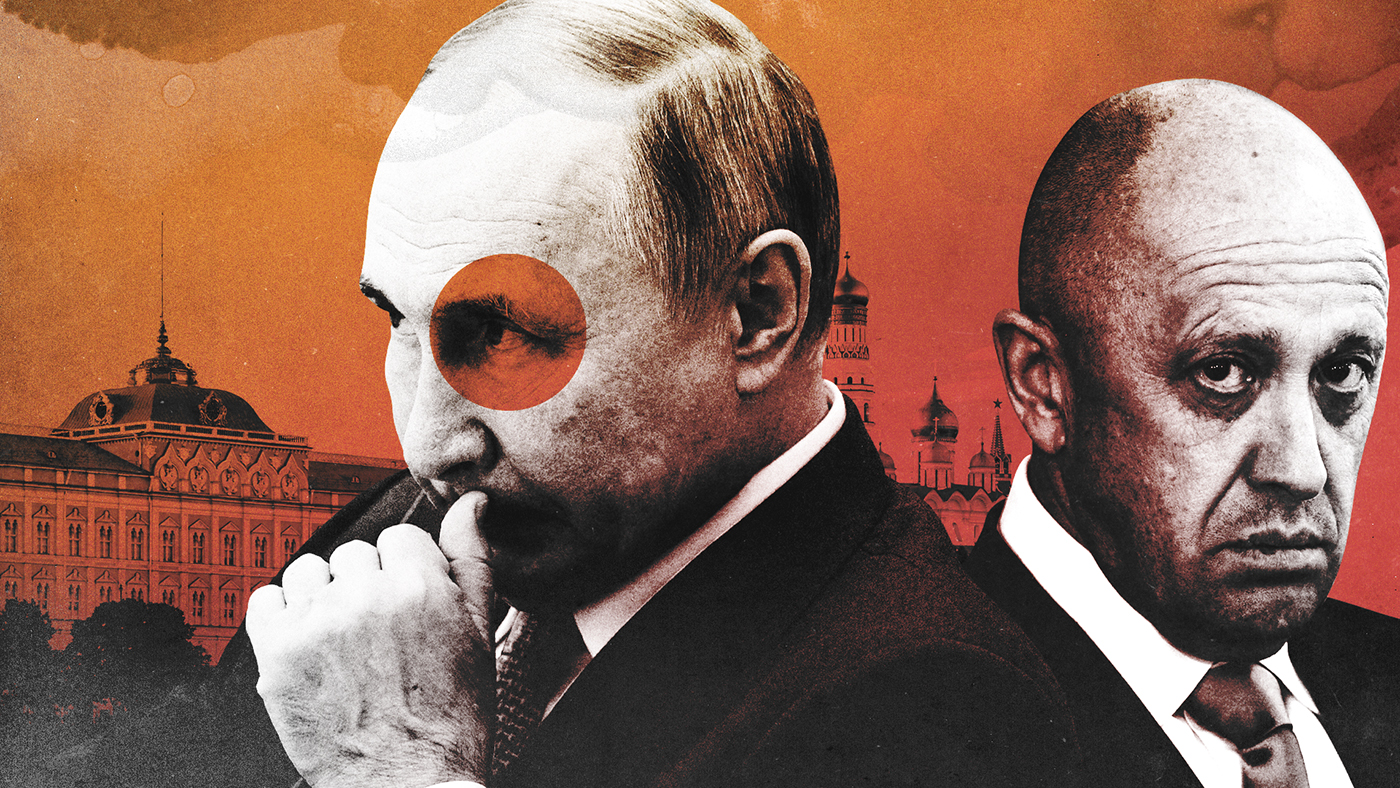 Putin vs. Wagner: saved by kompromat?
Putin vs. Wagner: saved by kompromat?Talking Point Analysts believe the mercenary may know too much about the workings of the Kremlin
-
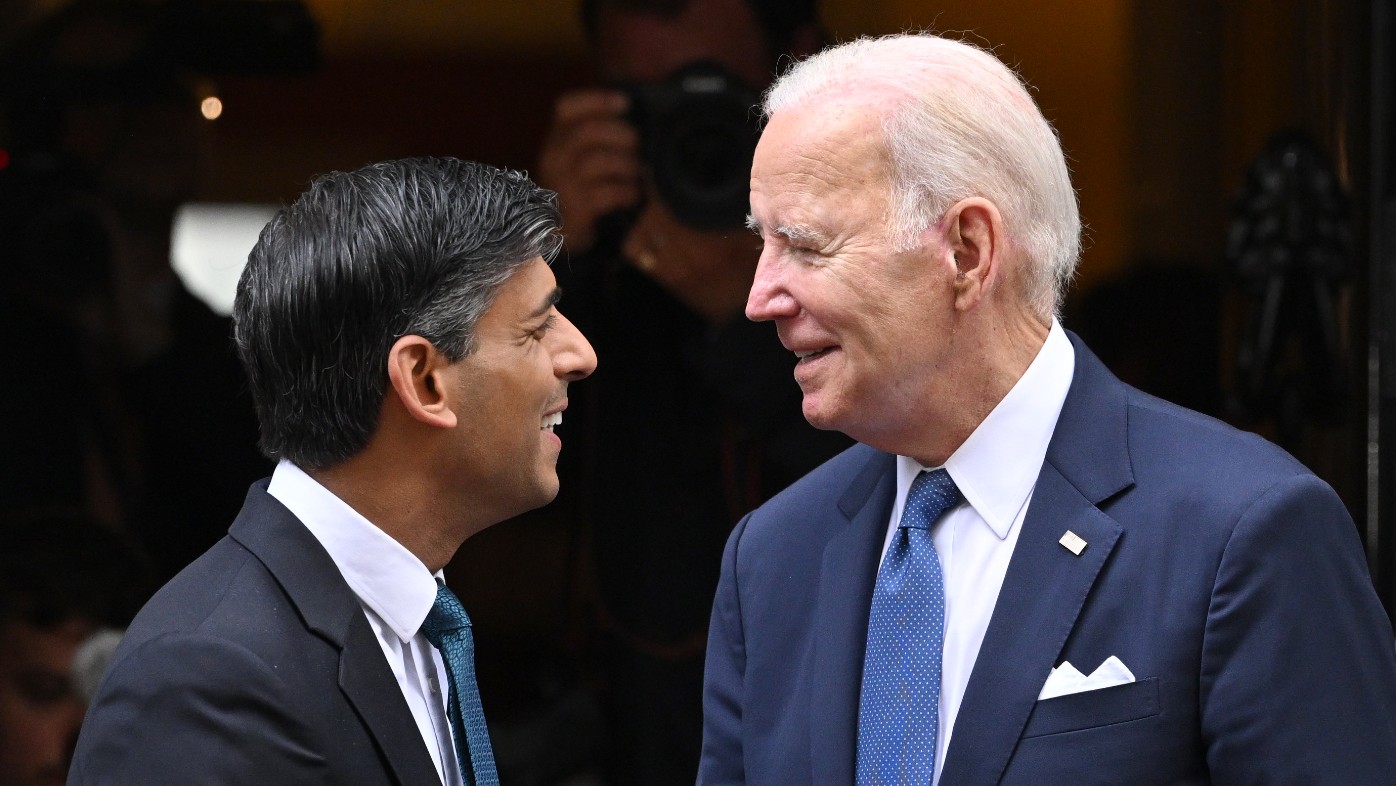 Cluster bomb controversy hangs over Biden’s ‘chilly’ visit to UK
Cluster bomb controversy hangs over Biden’s ‘chilly’ visit to UKTalking Point US cites military ‘expediency’ but allies warn bombs could lose Ukraine the ‘moral high ground’
-
 The Taliban’s ‘unprecedented’ crackdown on opium poppy crops in Afghanistan
The Taliban’s ‘unprecedented’ crackdown on opium poppy crops in Afghanistanfeature Cultivation in former poppy-growing heartland Helmand has been slashed from 120,000 hectares to less than 1,000
-
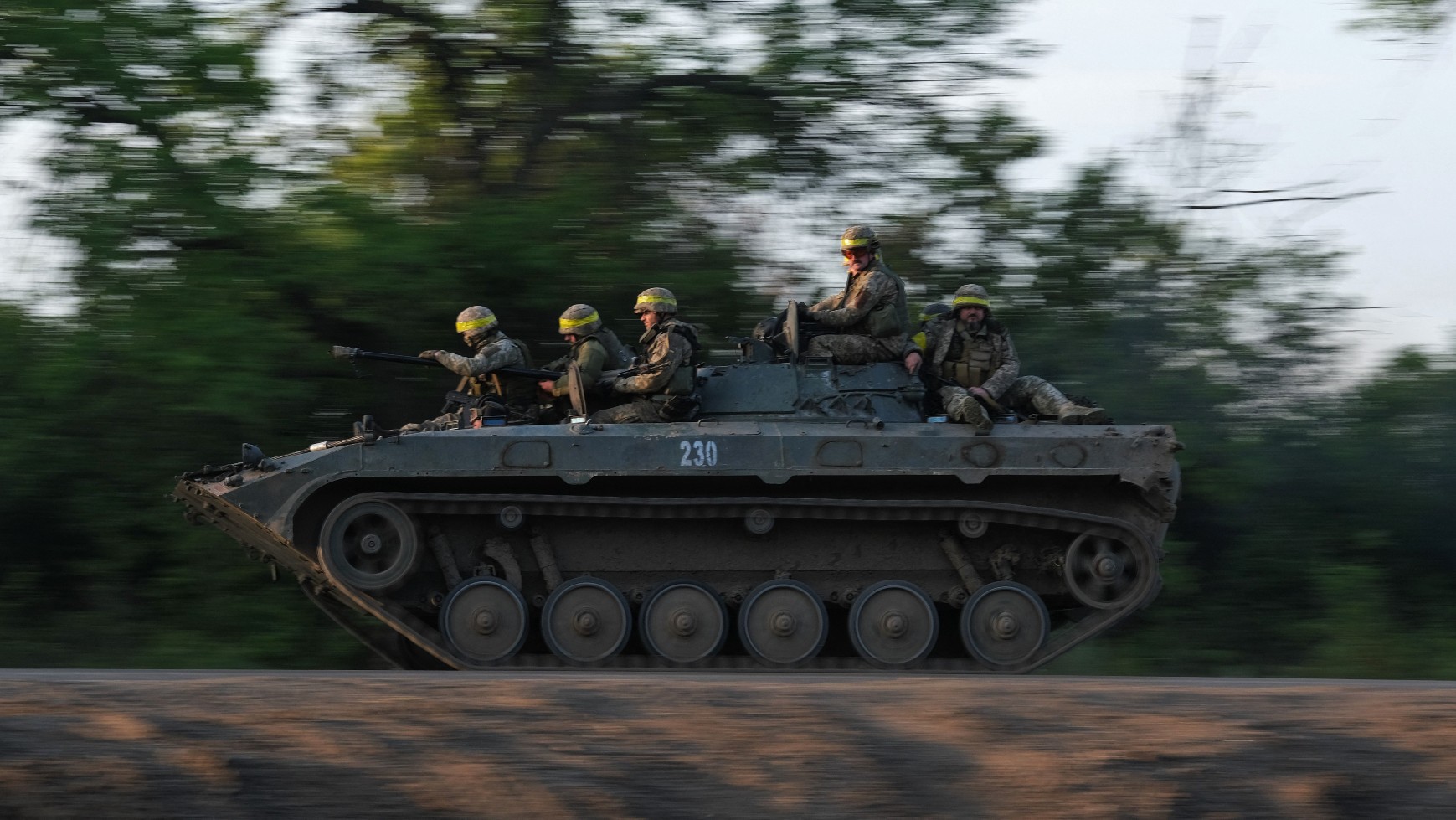 Battle of Bakhmut: a ‘pyrrhic victory’ for Russia?
Battle of Bakhmut: a ‘pyrrhic victory’ for Russia?Talking Point Victory for Russian forces in Ukrainian ‘meatgrinder’ more symbolic than strategic
-
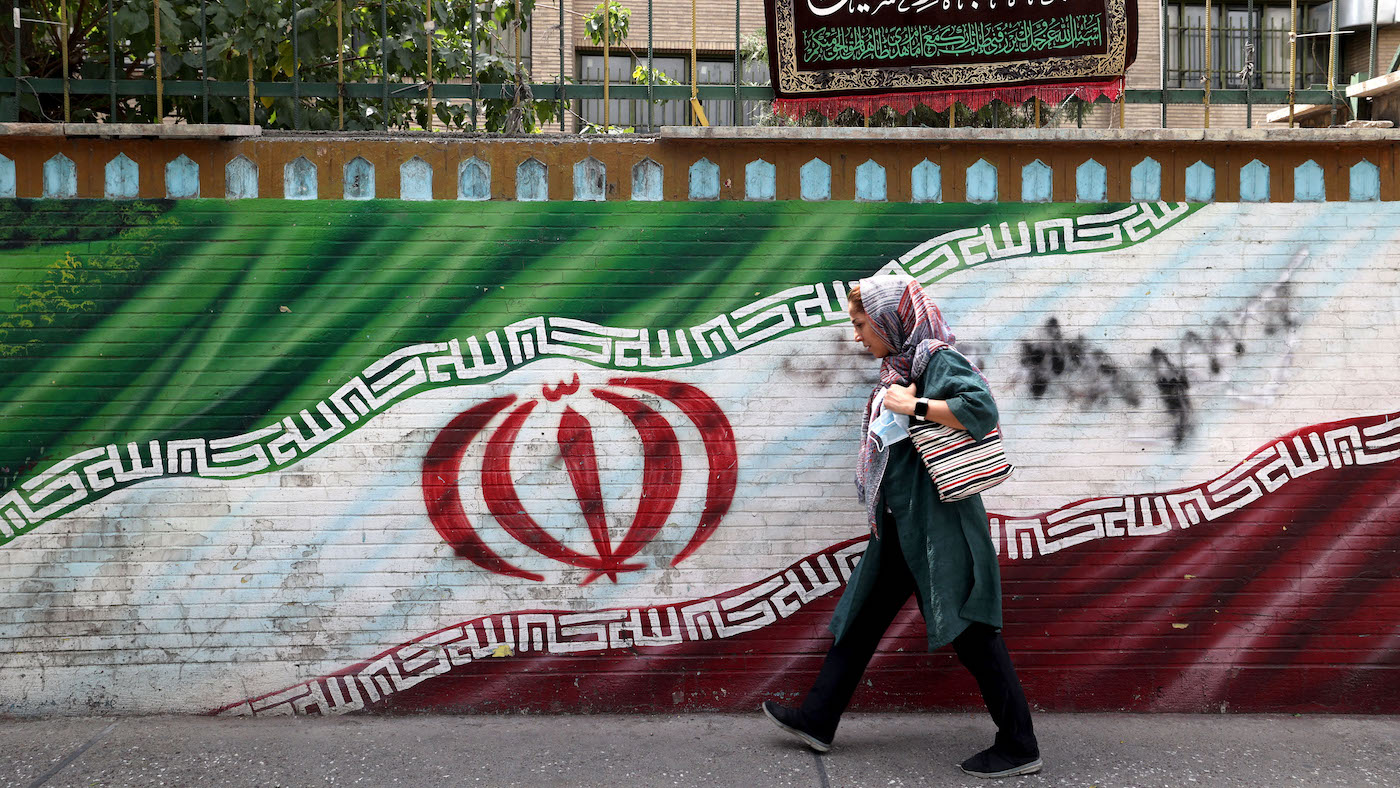 Should Britain help save the Iran nuclear deal?
Should Britain help save the Iran nuclear deal?Talking Point UK support for the 2015 deal is wavering after the execution of a British-Iranian dual citizen